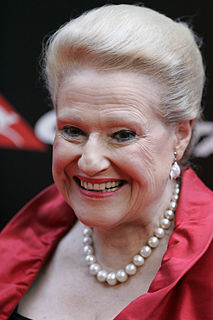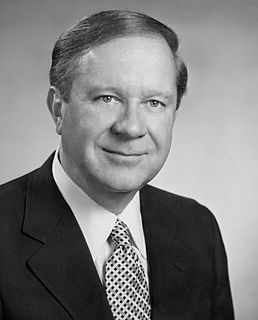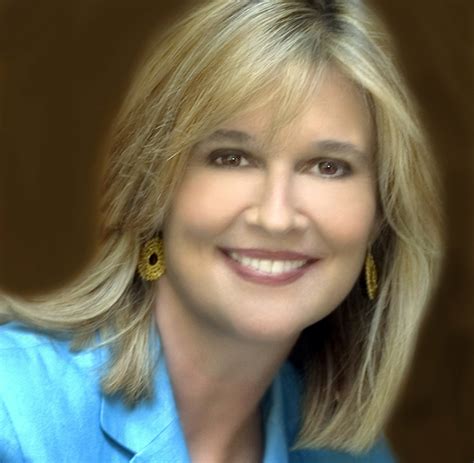A Quote by Barney Frank
Capitalism works better from every perspective when the economic decision makers are forced to share power with those who will be affected by those decisions.
Related Quotes
Bring on those tired, labor-plagued, competition-weary companies and ESOP will breathe new life into them. They will find ESOP better than Geritol. It will revitalize what is wrong with capitalism. It will increase productivity. It will improve labor relations. It will promote economic justice. It will save the economic system. It will make our form of government and our concept of freedom prevail over those who don't agree with us.
The way to make better decisions is to make more of them. Then make sure you learn from each one, including those that don't seem to work out in the short term: they will provide valuable distinctions to make better evaluations and therefore decisions in the future. Realize that decision making, like any skill you focus on improving, gets better the more often you do it.
The New Capitalism (arising from the global economic downturn)...those running our biggest commercial businesses will have to be more visible. They'll have to manifest a genuine understanding not only of the anxieties of their employees but of all taxpayers. Those chief executives who succeed will be those who imbue in their businesses very simple, commonsense standards of decency
Capitalism, the ogre of those protesting Wall Street, has suffered a public relations crisis in the wake of the global economic collapse. But any remedy to the systemic corruption that led to the collapse should not displace recognition that capitalism creates wealth. Capitalism, and no other economic system, has raised millions from poverty around the world.
A hundred years ago-even 20 or 30 years ago-it was possible, if not always easy, to close major business by calling on and satisfying a key decision-maker. Today, every piece of business entails multiple decisions, and those decisions are virtually never made by the same person. Not only do you have to contend with multiple decisions, but the people who make those decisions may not even work in the same place.
What is true is that the idea of power corrupts. Power corrupts most rapidly those who believe in it, and it is they who will want it most. Obviously, our democratic system tends to give power to those who hunger for it and gives every opportunity to those who don't want power to avoid getting it. Not a very satisfactory arrangement if power corrupts those who believe in it and want it.
One of the thing about being President - that can't be taught, you have to experience, is - there is the sheer weight of decision making. And when I make a decision to send 17,000 young Americans to Afghanistan - you can understand that intellectually. But understanding what that means for those families, for those young people - when you end up sitting at your desk, signing - a condolence letter to one of the family members of a fallen hero - you're reminded each and every day, at every moment, that - the decisions you make count.
To undertake the direction of the economic life of people with widely divergent ideals and values is to assume responsibilities which commit one to the use of force; it is to assume a position where the best intentions cannot prevent one from being forced to act in a way which to some of those affected must appear highly immoral. This is true even if we assume the dominant power to be as idealistic and unselfish as we can possibly conceive. But how small is the likelihood that it will be unselfish, and how great are the temptations!
In their zeal for particular kinds of decisions to be made, those with the vision of the anointed seldom consider the nature of the: process: by which decisions are made. Often what they propose amounts to third-party decision making by people who pay no cost for being wrong-surely one of the least promising ways of reaching decisions satisfactory to those who must live with the consequences.


































